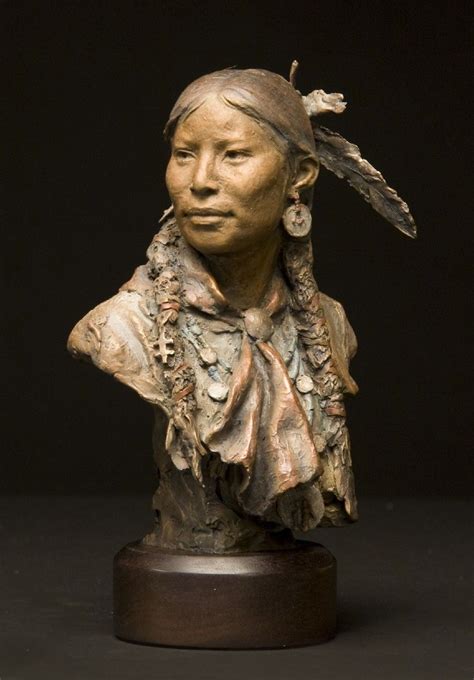A Quote by Catherine Wilson
We call 'Slavery is wrong' a moral truth because there is a specific history of theoretical investigation of a particular kind of slavery. We discussed it for centuries in metaphysical, economic, biological, and philosophical terms; we listened to all the arguments pro and con, we read all the testimonies of slaves and witnesses, and we decided. Though this 'we" is not everybody on earth, or even most people, who've never thought about slavery much.
Related Quotes
As for slavery, there is no need for me to speak of its bad aspects. The only thing requiring explanation is the good side of slavery. I do not mean indirect slavery, the slavery of proletariat; I mean direct slavery, the slavery of the Blacks in Surinam, in Brazil, in the southern regions of North America. Direct slavery is as much the pivot upon which our present-day industrialism turns as are machinery, credit, etc. … Slavery is therefore an economic category of paramount importance.
Slavery as an institution that degraded man to a thing has never died out. In some periods of history it has flourished: many civilizations have climbed to power and glory on the backs of slaves. In other times slaves have dwindled in number and economic importance. But never has slavery disappeared.
I've always been interested in history, but they never taught Negro history in the public schools...I don't see how a history of the United States can be written honestly without including the Negro. I didn't [paint] just as a historical thing, but because I believe these things tie up with the Negro today. We don't have a physical slavery, but an economic slavery. If these people, who were so much worse off than the people today, could conquer their slavery, we can certainly do the same thing....I am not a politician. I'm an artist, just trying to do my part to bring this thing about.
There are some really great books that have been written about slavery, but I don't think that the discourse about it in society has been very accurate or healthy. I don't think we've come up with ways to tell it that don't insult people or hit them in the wrong way. Part of the problem is that most people don't really understand what slavery was anyway. Most white people didn't own slaves. Slavery was a way of life, just like driving cars is a way of life now. It doesn't mean that it was right.
In supporting argument for segregation, Paul [the apostol] addresses the people in his epistle to the Colossians, and he tells them how to treat their slaves. "Slaves, obey your masters. Masters, be kind to yourslaves." Paul was in favor of a kinder and gentler slavery; it never occurred to him to raise the question about whether slavery itself was immoral.
I think comedy allows people to accept the more difficult parts of history. And history, if it's presented wrong, is just very depressing, particularly the history of slavery. If slavery is presented properly, it's a great story. But I think that within the commercial world of storytelling in which I live, there haven't been many strong works that discuss slavery in ways that are palatable and funny and interesting to the reader.
In terms of America, I think any profound consideration is bound to return us to the notion of twins because, though you certainly can contend there are many Americas, our history has been binary from the beginning, with its hairline fracture down the country's center between what American has wanted to be and what America has been. That fracture is slavery, of course. To some extent it's still slavery, in that collectively we refuse to come to grips with the American fact of slavery.
The South was at the point where the scale was tipping against slavery. It was slowly dawning on the plantation owners that slave labor was not economic, besides being morally wrong. Slavery was destined to be abolished, whether for economic reasons or moral reasons matters not, but the international intriguers were not going to wait for voluntary abolition to rob them of their trump card.
































